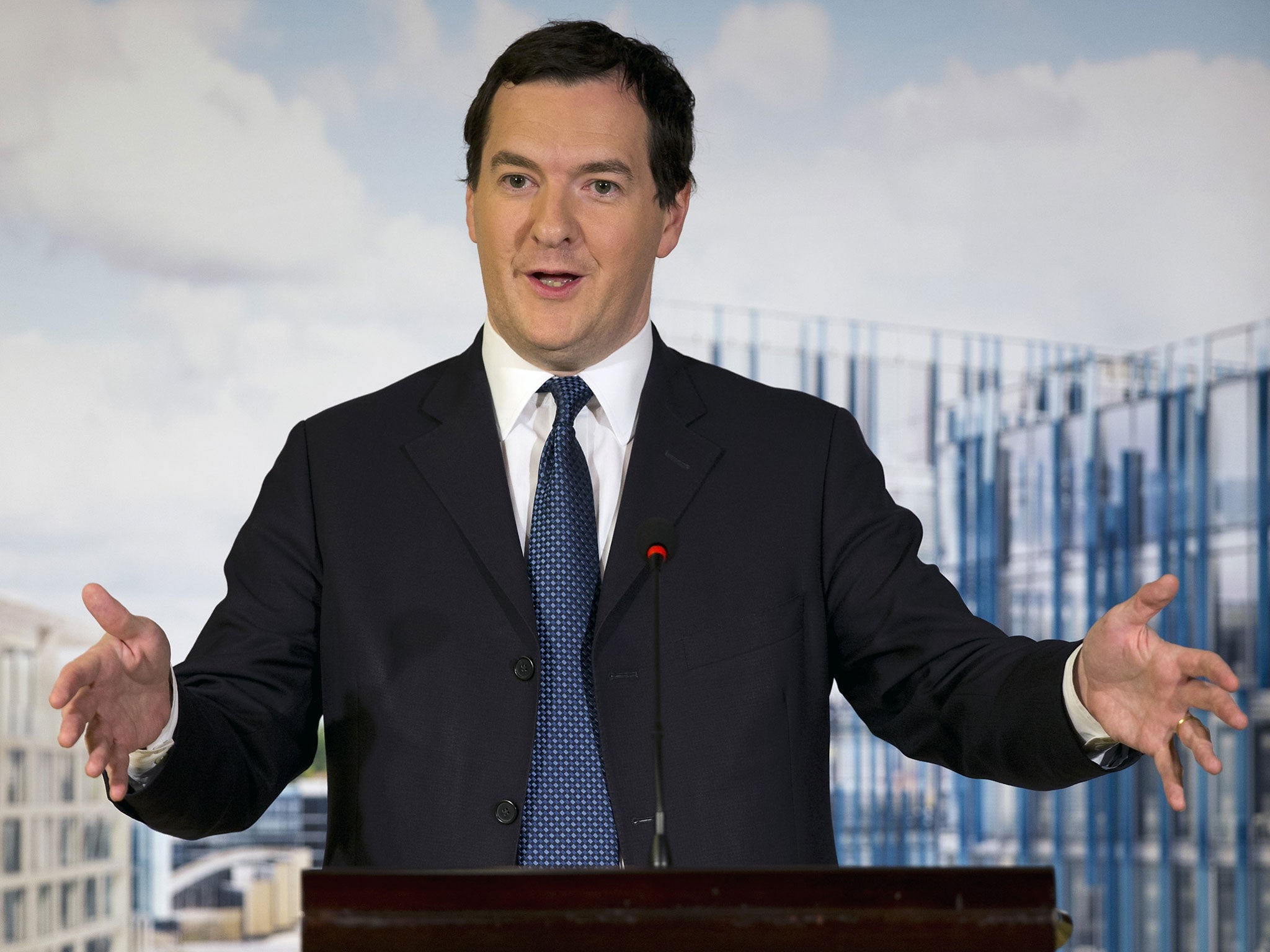Autumn Statement: Plans for new capital gains tax on wealthy foreigners could backfire on thousands of British people
Experts warn measures to make overseas investors ‘pay their share’ could also hit expats with 28% levy

Government plans to target wealthy foreigners who have been buying up property in London could backfire and hit thousands of British people who have chosen to live abroad, experts have warned.
Yesterday the Deputy Prime Minister Nick Clegg confirmed that discussions were underway to introduce capital gains tax for non-UK based real estate owners in next month’s Autumn Statement.
Mr Clegg said the plans, currently being considered by the Treasury, were a way of making rich foreign investors “pay their share”. The new measure would impose a 28 per cent tax on the sale of all second homes in the UK owned by people registered as living overseas.
“We are an open economy and we don't want to pull up the drawbridge - that would be bad for the country,” the Lib Dem leader said.
“But we certainly want to make sure that people who invest very large amounts of money into properties in central London locations - which more often than not then stand empty - pay their fair share of tax on those transactions.”
Tax experts have warned that the planned changes could reduce the attractiveness of the UK property market, while also impacting upon thousands of British expats who have held onto residences in this country, the Daily Telegraph reported.
The Liberal Democrat leader also said he would be entering negotiations with Conservative coalition partners over his plan for what he termed a “workers' bonus”, lifting all earnings under £10,500 out of income tax, which he wants to see introduced in next year's Budget.
But Mr Clegg's proposal for an increase in the basic-rate income tax threshold - worth £100 a year to low and middle-income workers - faces competition from right-wing Tory MPs, who are calling on Chancellor George Osborne to target any tax cuts which he can afford on the middle class.
The Free Enterprise Group of MPs is proposing a £15.79 billion package of tax cuts, including scrapping stamp duty on house sales up to £500,000, raising the earnings threshold for higher-rate income tax to £50,000 a year and freezing business rates for three years.
At his monthly press conference in Whitehall, Mr Clegg blamed Conservative “prejudice” for holding back proposals to increase taxes on high-value property - such as the Liberal Democrat's favoured “mansion tax” of 1 per cent on the value of homes worth £2 million or more.
Mr Clegg insisted that any changes in capital gains tax should not be seen as a “surrogate” for the mansion tax, which is now also backed by Labour but has been blocked by Conservative members of the coalition.
And he indicated that Lib Dems would be ready to consider alternative methods of shifting the burden of tax away from earnings and on to wealth, such as the introduction of new higher-rate bands of council tax to cover more expensive properties. Under current rules, all properties in England valued at more than £320,000 are placed in the same band.
Subscribe to Independent Premium to bookmark this article
Want to bookmark your favourite articles and stories to read or reference later? Start your Independent Premium subscription today.

Join our commenting forum
Join thought-provoking conversations, follow other Independent readers and see their replies